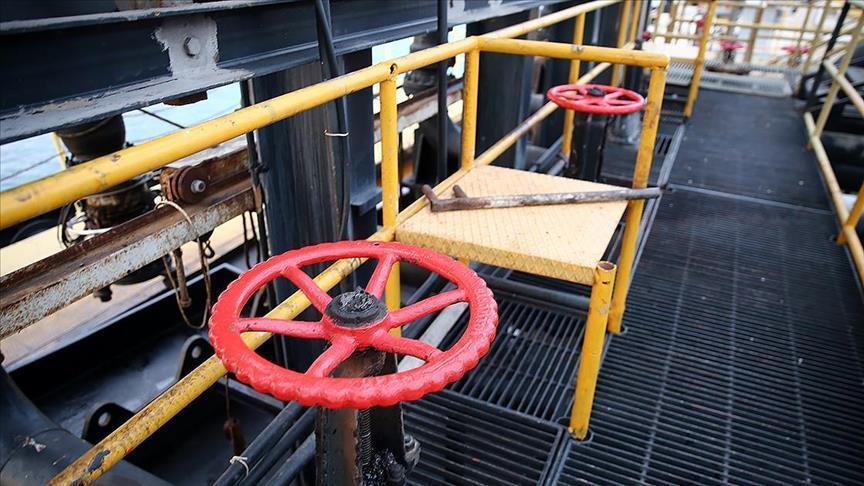Demand revival after Covid, restrained Russian exports and filling of domestic gas storages, lack of LNG supply due to few new projects in recent years after 2014 price collapse, technical problems in some LNG plants, and lower renewable output because of weather factors in Europe and South America, altogehter caused the gas price increase globally, according to Robin Mills, founder and CEO of Dubai-based consulting firm Qamar Energy.
Mills told Anadolu Agency that Russia is certainly partly responsible and has given mixed messages during this turmoil of increasing gas prices in Europe.
'But not clear how much more Russia can produce and export. Russian exports to Turkey have actually been strong, but not so much to Europe,' Mills added.
Long-term contracts are better in terms of price stability for those that have them, said Mills and added, 'But they make it harder for the overall system to adjust. Of course they can be more expensive in 'normal' times.'
In the short term, the importing and exporting countries can not do much other than try to protect vulnerable low-income consumers and key users, without preventing the market from adjusting.
'They can implement conservation measures. In the longer term, importers need to continue diversifying their energy mix (more renewables and nuclear), improve efficiency and flexibility, continue developing gas and electricity interconnections, and look for long-duration energy storage options,' he said.
European natural gas prices surged by 600% compared to September 2020, reaching over €90 per megawatt-hour for November delivery in Dutch Title Transfer Facility (TTF).
After reaching a record high of €160 per megawatt-hour for November delivery on October 6, the price on Friday eased back to €103 per megawatt-hour in Dutch TTF.
By Murat Temizer
Anadolu Agency
energy@aa.com.tr


